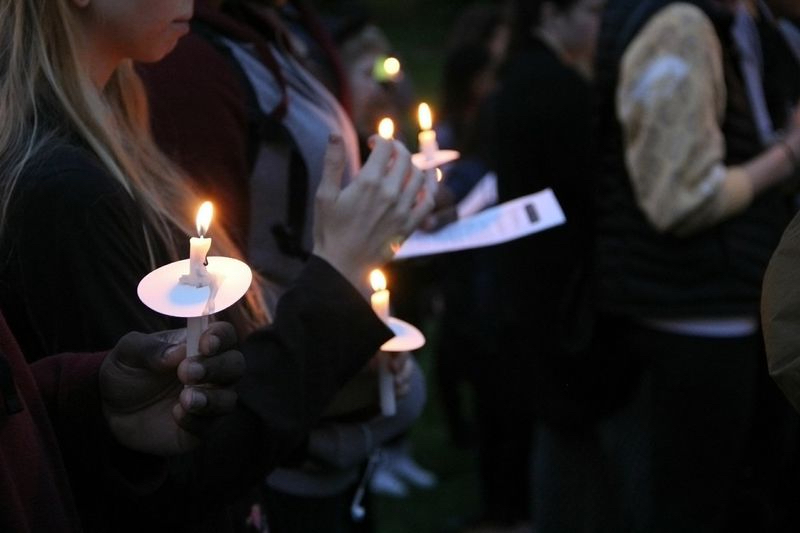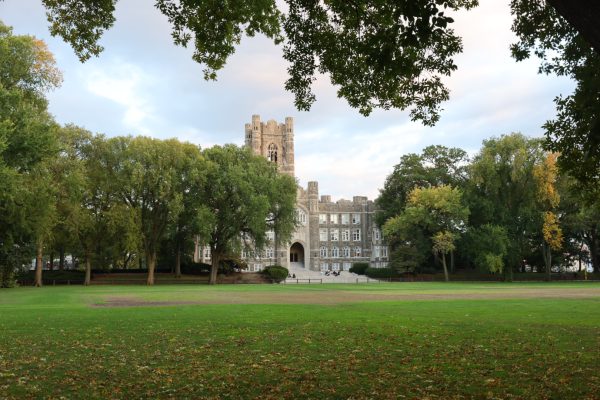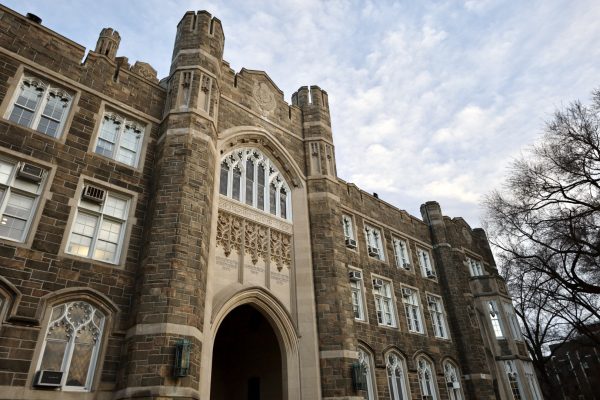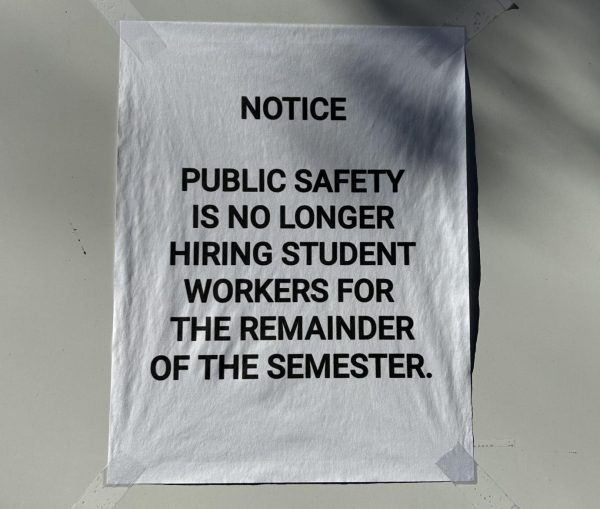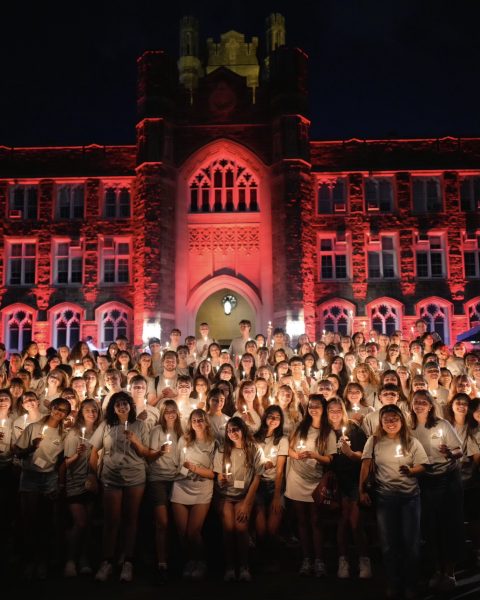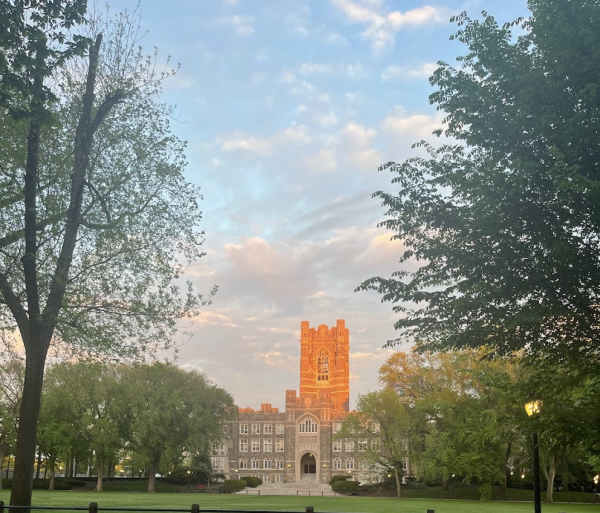FCRH Welcomes Largest Freshman Class in Fordham History
This year, Fordham College at Rose Hill’s incoming freshmen made history as the largest incoming class in university history with over 1,300 students, according to Dr. Robert Parmach, the faculty director and freshman dean at Rose Hill.
There are roughly 300 more students than in recent years, not including first-year students at the Gabelli School of Business, said Parmach.
In addition to being the largest class in the college’s history, the freshman class is unique in that its students have transitioned from high school to college during a global pandemic.
According to a national survey from Student Voice released in June, 23% of freshman students felt very unprepared for college because of the pandemic, while 35% felt at least somewhat unprepared. While this survey was conducted on college freshmen who had half a year of online classes, this year’s incoming students have been through a longer period of high school education affected by the pandemic.
Mirei Fukushima, GSB ’25, said she feels like adjusting to college life has been different than past years. “I would consider my transition from high school to college during a pandemic as atypical,” said Fukushima. “From what I saw as an underclassman in high school, seniors seemed to have the most fun and productive year, which was taken away. Because of that, I felt that my high school career was incomplete.”
Despite the strange transition to college this fall, Fukushima said she is glad to be on campus. “My past week at Fordham seemed unreal but having made it here also seems like a huge accomplishment,” she said.
The move from high school to college has also caused more stress than usual for freshmen who spent the majority of their last two years in high school taking virtual classes.
“I personally was remote almost all of my senior year [of high school], so I definitely felt a bit more anxiety going back to in-person classes in a completely new environment,” said Ilana Dryfe, FCRH ’25.
However, Dryfe said she personally feels that being mostly online during her last year of high school will not affect her academic success this fall. “I was also really excited [to be back in-person], and overall, I do not feel any less prepared for college material.”
The university has programs in place to help freshmen students adjust to college life, explained Parmach, including its extensive new student orientation which took place during the three days before classes began. Core advising, individual and cohort meetings are more things that are in place to help students adapt to their new surroundings, said Parmach.
“Throughout the semester, there will be different opportunities. There is a dean for student support and success, Dean Garcia, who is also helped by Dean Manzino,” he said. “We will also update the students about events to encourage them and get them involved in campus life.”
Faculty also have similar opportunities to help their first-year students make a successful adjustment to college life after such a strange end to their high school careers. “We do a lot of support and professional development for core advising faculty members, so they can best support and work with our students,” Parmach said.
Fordham’s Office of Residential Life also had to accommodate the large number of incoming students. “Residential Life was alerted at the start of summer to anticipate a historically large first-years preferencing housing this year,” said Charles Clency, assistant dean of students and director of Residential Life.
“Most of our first-year residents are admitted with guaranteed housing, so our Residential Life team committed to meet this Fordham obligation,” said Clency. “I am pleased to report we were able to assign every student who met the housing application deadline … In fact, Residential Life was even able to assign all but a handful who did not meet the deadline and are working to house everyone who still requests housing.”
Clency explained that his office had to change the normal composition of residential housing on the Rose Hill campus. “Residential Life made several preparations which involved converting Finlay Hall first floor to first-year housing, converting all of Tierney Hall to first-year housing and creating a limited number of triple rooms within our first-year residence halls,” he said.
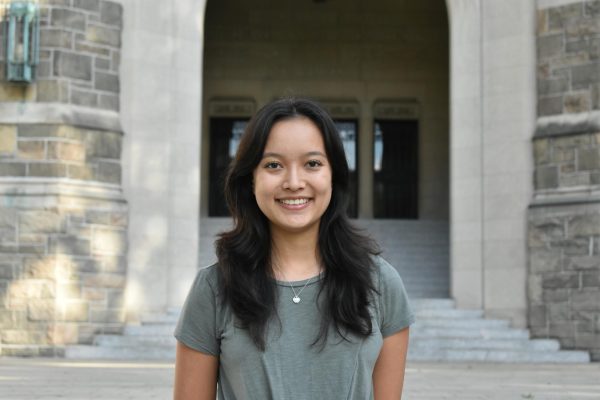
Emma Kim is a junior from Pittsburgh. She is double majoring in economics and English. She started as a contributing writer for news in her freshman year...



































































































































































































